Paraval Herbicide (Paraquat) | 1Litre
₦3,500.00
12 people are viewing this product right now
🔥 10 items sold in last 3 hours
Paraval Herbicide (1Litre) is wide range control of expansive leaved weeds and grasses in natural product plantations (counting citrus), estate crops (bananas, espresso, cocoa palms, coconut palms, oil palms, elastic, and so forth), plants, olives, tea, hay, onions, leeks, sugar beet, asparagus, elaborate trees and bushes, in ranger service ,and so on. Likewise utilized for general weed control on non-crop land; as a defoliant for cotton and bounces; for obliteration of potato haulms; as a desiccant for pineapples, sugar stick, soya beans, and sunflowers;for strawberry sprinter control; in field remodel; and for control of oceanic weeds, for control of yearly weeds, applied at 0.4-1.0 kg/ha.
Item Features:
Plan: Paraquat 200g/L
Crop: Orchard, mulberry garden, non-developed land, field edge, side of the road weed, corn, sugar stick, soybean, nursery
NB: Price above is per container of 1 liter (12 jugs in a container)
Buy more save more!
Buy from 5 to ∞ items and get 5% OFF
on each productParaval Herbicide is a poisonous synthetic that is generally utilized as a herbicide (plant executioner). It is essentially for weed and grass control. It is accessible essentially as a fluid with different qualities.
Paraval Herbicide is delegated as a non-specific contact herbicide. The key qualities that recognize it from different specialists utilized in plant security items are:
Benefits of Paraval Herbicide:
It kills many yearly grasses and expansive leaved weeds and the tips of laid-out lasting weeds.
Furthermore, the herbicide is extremely effective.
It downpours quickly not long after application.
It is to some degree inactivated upon contact with soil.
How it functions
The degree of harm brought about by paraquat relies upon the sum, course, and span of openness. Additionally, the individual’s ailment at the hour of the openness is critical.
It causes direct harm when it comes into contact with the coating of the mouth, stomach, or digestive tract.
After paraquat enters the body, thus, it is dispersed to all regions of the body. In this manner, it makes poisonous compound responses happen all through many pieces of the body, fundamentally the lungs, liver, and kidneys.
Paraval Herbicide: Frequently Asked Questions (FAQs)
Paraval Herbicide is a synthetic herbicide, meaning it’s a man-made chemical used to kill plants. It’s primarily used for controlling weeds and grasses.
How does Paraval Herbicide work?
Paraval acts as a non-selective contact herbicide. This means it kills any plant parts it touches, unlike some herbicides that target specific types of plants.
What are the benefits of Paraval Herbicide?
- Broad-spectrum control: It can kill a wide variety of annual grasses and broadleaf weeds, including the tops of established perennial weeds.
- Effectiveness: Paraval is known for its strong weed-killing power.
- Rainfastness: The herbicide becomes inactive relatively quickly after application, reducing the risk of wash-off by rain.
What are the drawbacks of Paraval Herbicide?
- Soil Inactivation: While rainfast, Paraval can be somewhat deactivated upon contact with soil, potentially limiting its effectiveness in certain situations.
- Toxicity: Paraval is a highly toxic chemical and should be handled with extreme caution. Accidental exposure can be very dangerous.
How does Paraval Herbicide cause harm?
The level of harm caused by Paraval depends on the amount, route, and duration of exposure. A person’s overall health at the time of exposure can also play a role.
- Direct Contact: Paraval can cause immediate harm if it comes into contact with the skin, mouth, stomach, or digestive tract.
- Internal effects: Once absorbed into the body, Paraval can spread throughout and damage various organs, particularly the lungs, liver, and kidneys.
Only logged in customers who have purchased this product may leave a review.
Related products
₦3,500.00
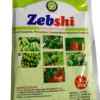

₦1,200.00

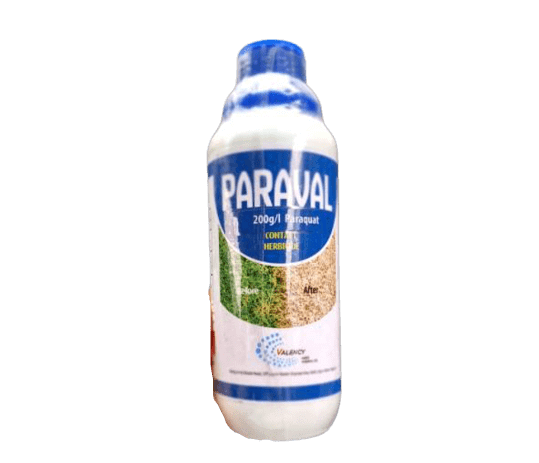

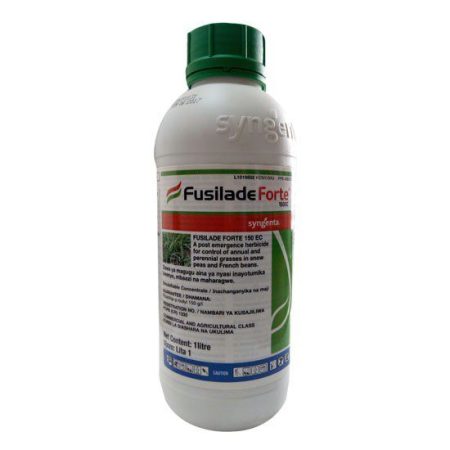
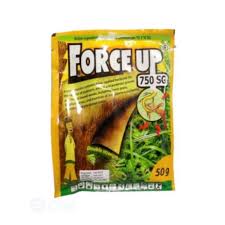
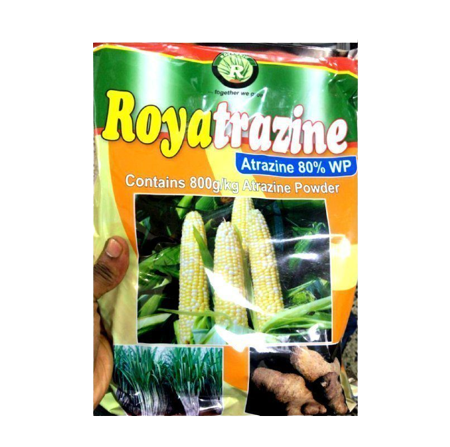
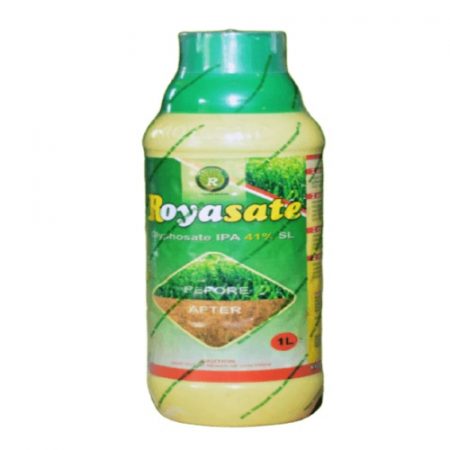
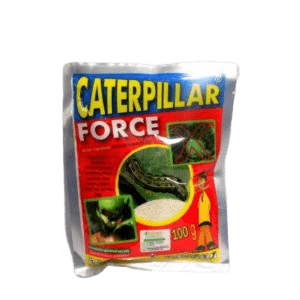
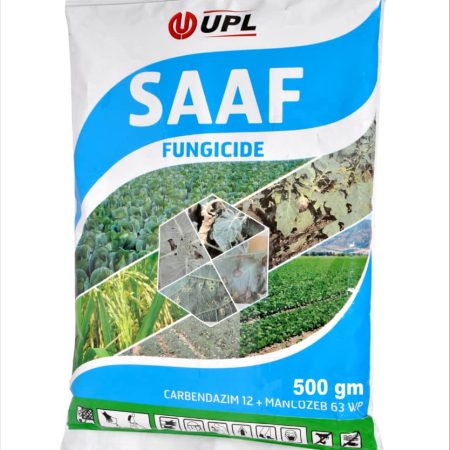
Reviews
There are no reviews yet.